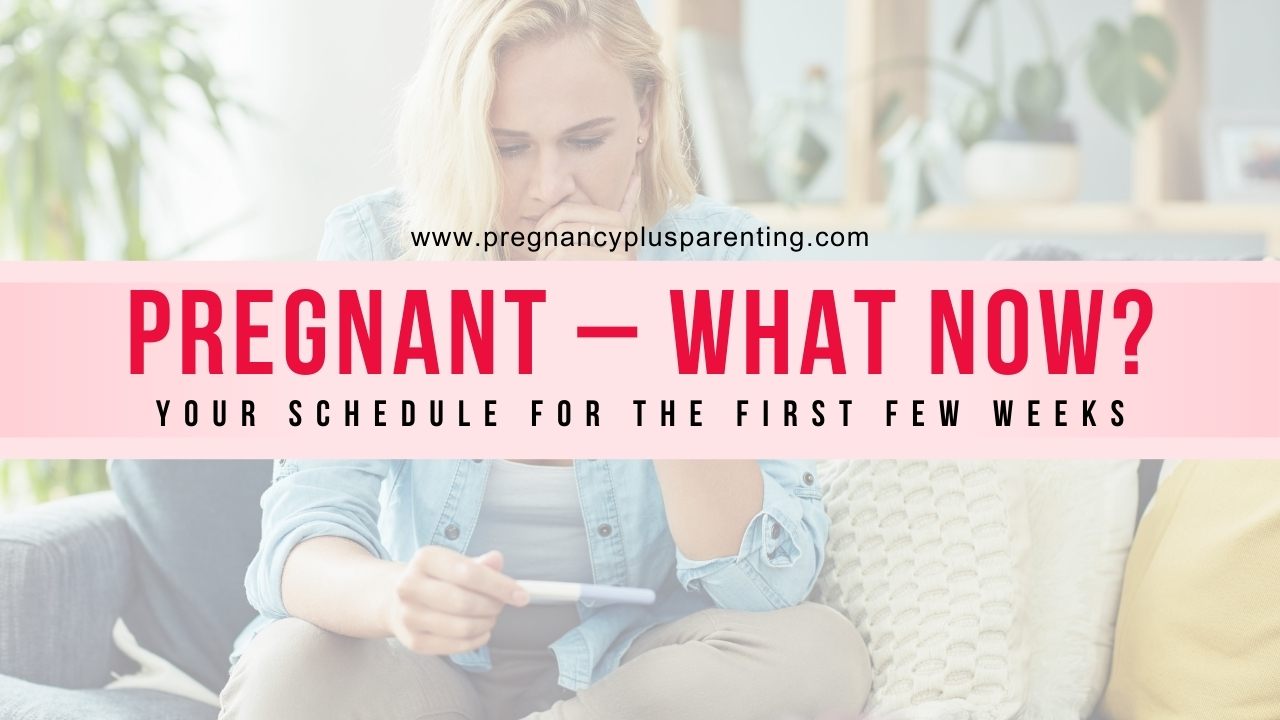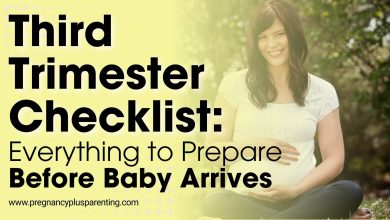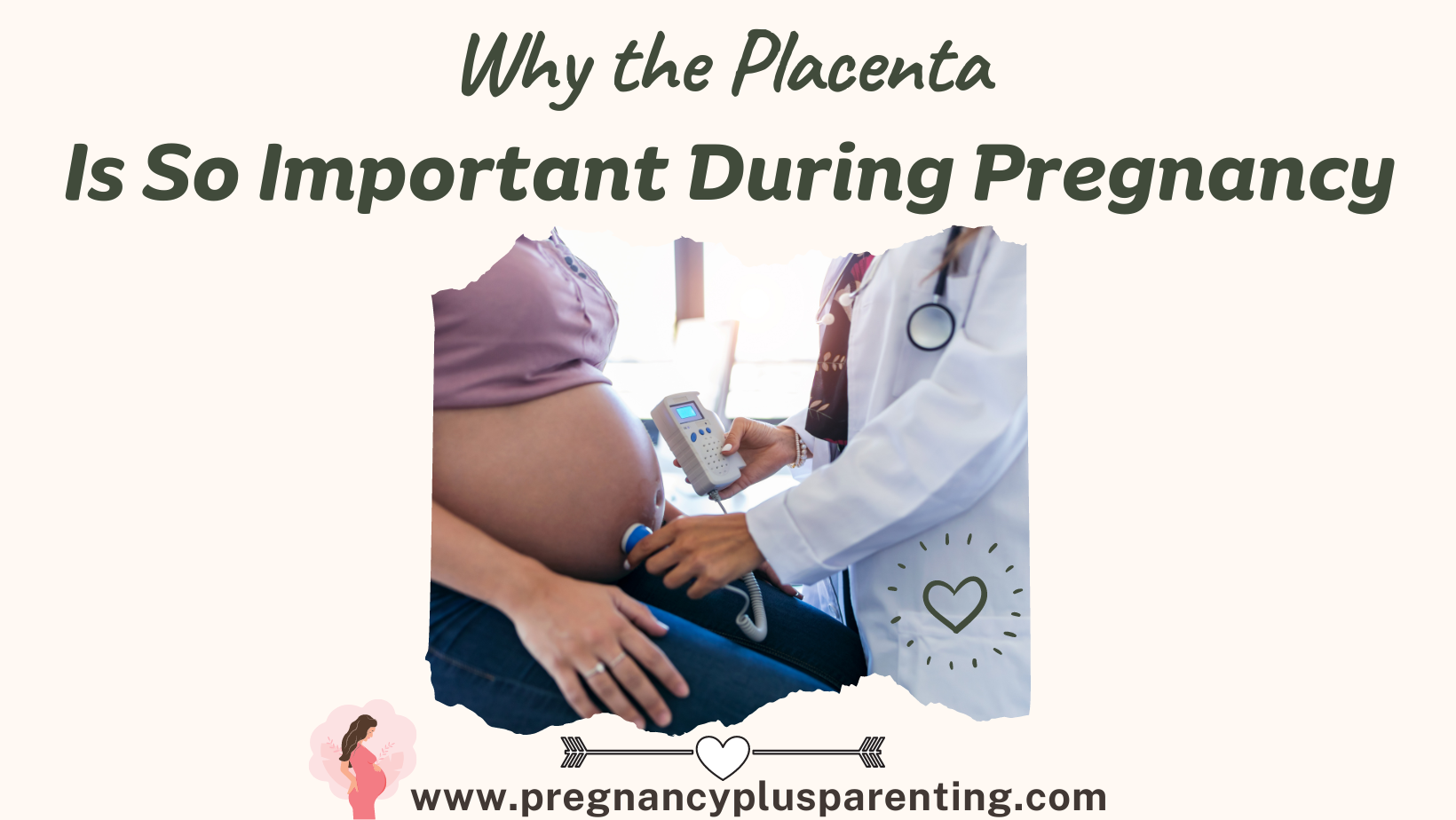Pregnant – What Now? Your Schedule for the First Few Weeks
Introduction
You’ve just seen those two little lines on the test, and your world has changed in an instant. Exciting? Absolutely. Overwhelming? Definitely. The first few weeks of pregnancy can feel like a blur, filled with questions, emotions, and new decisions. But don’t worry—you’re not alone. This guide will walk you through exactly what to do in those first weeks, step by step.
Week 1–2: Confirming Pregnancy
The first step after a positive home pregnancy test is confirmation. Visit your doctor to verify your pregnancy through a blood test. They may also check your hCG (human chorionic gonadotropin) levels to ensure things are progressing normally.
Week 3: Choosing Your Healthcare Provider
You’ll need to decide between an OB-GYN, a family doctor, or a midwife. Think about what kind of care feels right for you. Early prenatal care sets the stage for a healthy pregnancy, so make this choice sooner rather than later.
Week 4: First Prenatal Appointment
Your first prenatal visit usually includes a full medical history, a weight and blood pressure check, and possibly a due date estimation. Be prepared to answer questions about your lifestyle, health history, and any medications you’re taking.
Week 5: Essential Prenatal Tests
Your provider will likely recommend several tests, including:
-
Blood type and Rh factor
-
Hemoglobin levels
-
Urine analysis
-
Early screenings for infections
These tests help identify potential risks early on.
Week 6: Adjusting Lifestyle Habits
It’s time to take a closer look at your daily habits. Focus on:
-
Eating whole, nutrient-rich foods
-
Cutting out alcohol and limiting caffeine
-
Avoiding raw fish, unpasteurized dairy, and undercooked meats
Small changes make a big difference in your baby’s development.
Week 7: Supplements and Vitamins
Your doctor will likely recommend prenatal vitamins, especially folic acid to prevent neural tube defects. Iron and DHA may also be suggested depending on your needs. Take them consistently to support your growing baby.
Week 8: Managing Early Symptoms
Morning sickness, bloating, and fatigue are common. Some helpful tricks include:
-
Eating small, frequent meals
-
Staying hydrated with water and herbal teas
-
Resting whenever your body asks for it
Week 9: Exercise and Movement
Gentle movement is encouraged unless your doctor advises otherwise. Safe options include:
-
Walking
-
Prenatal yoga
-
Swimming
Exercise boosts your mood, energy, and circulation.
Week 10: Emotional Well-being
Pregnancy hormones can cause emotional highs and lows. Don’t be hard on yourself—this is normal. Talk to your partner, friends, or a counselor if needed. Practicing mindfulness or journaling can also help you feel more grounded.
Week 11: Sharing the News
Many parents wait until after the first trimester to announce the pregnancy. But the timing is up to you. Whether you choose a quiet family moment or a creative social media reveal, make it special.
Week 12: First Ultrasound
This is the moment many parents look forward to most: hearing your baby’s heartbeat and seeing them on screen for the first time. It’s a reassuring milestone and often makes everything feel real.
Week 13: Planning Ahead
Start thinking about maternity leave, budgeting for baby essentials, and future childcare options. Preparing early reduces stress later on.
Week 14: Building Healthy Routines
By now, you’ve settled into your pregnancy a little more. Focus on:
-
Getting enough sleep
-
Drinking plenty of water
-
Practicing mindfulness or breathing exercises
These small routines support both your health and your baby’s growth.
Conclusion
The first few weeks of pregnancy are a whirlwind of emotions, decisions, and adjustments. But step by step, you’ll find your rhythm. Remember, pregnancy is not just about growing a baby—it’s also about growing into your new role as a mom. Take care of yourself, trust your instincts, and embrace the journey ahead.
FAQs
1. When should I book my first prenatal appointment?
Ideally, as soon as you confirm your pregnancy with a home test.
2. Can I exercise during the first trimester?
Yes, light to moderate exercise is safe and beneficial unless advised otherwise by your doctor.
3. What should I eat to support a healthy pregnancy?
Focus on whole grains, lean proteins, fruits, vegetables, and healthy fats.
4. Is spotting normal in early pregnancy?
Light spotting can be normal, but always inform your healthcare provider.
5. When will morning sickness go away?
For most women, it eases around week 12–14, but it varies for each person.







